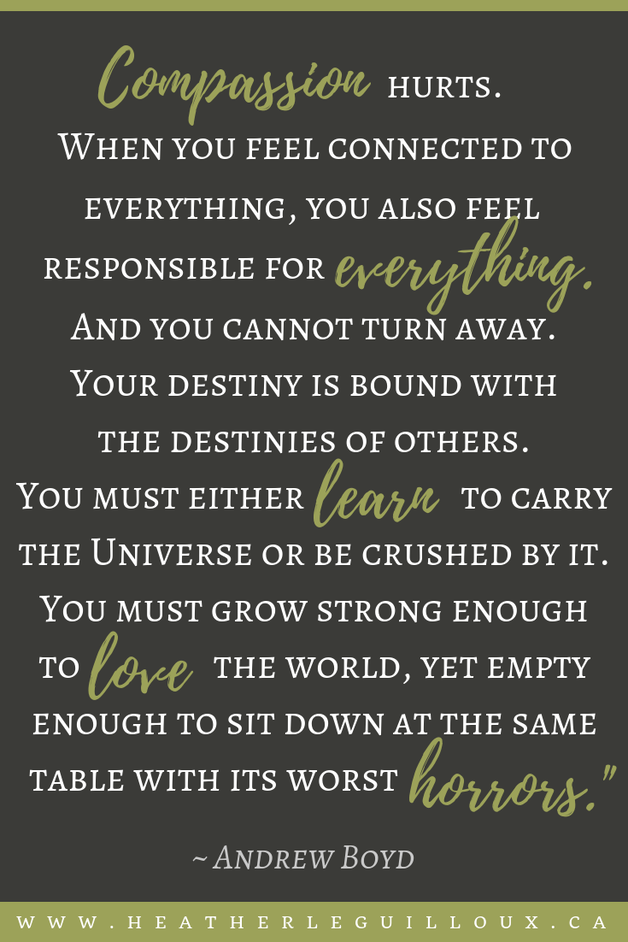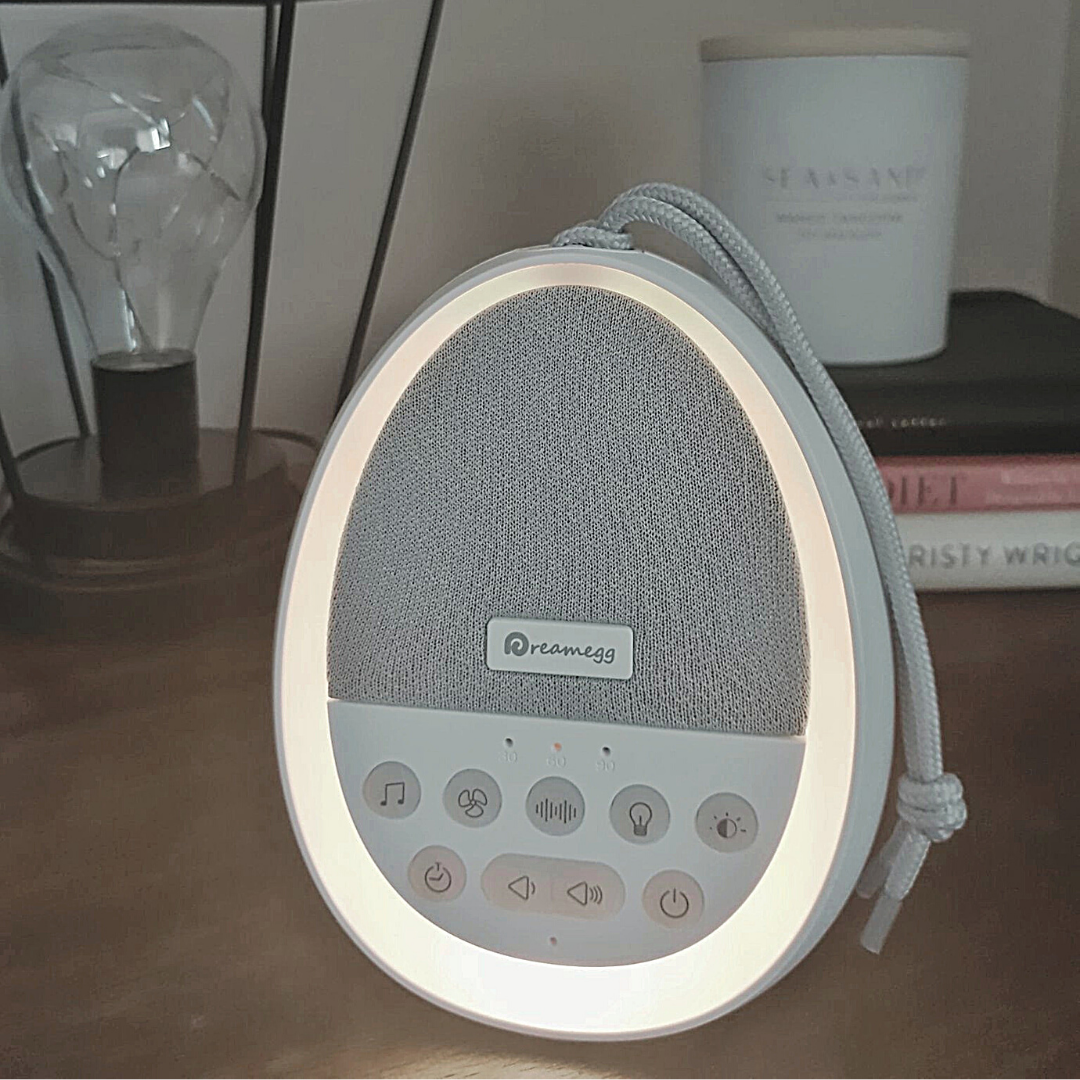|
|The work of a helping professional can be tough and, often times, self-sacrificing, especially for the helpers own emotions. After sharing my occupation as a therapist I have often heard someone exclaim 'I don't know how you do that work.. it must be difficult to listen to so many people and hear their stories of suffering and pain!'. And they are not wrong! Helping others can take a toll on an individual, especially without proper self-care or reaching out for ongoing support like from a supervisor. It can be important to identify concerns that may come up for an individual working in the helping field that may impair their ability to be there for others. One concern in particular is known as vicarious trauma. This article will define and explore what happens when an individual becomes acutely enmeshed with a clients suffering, as well as some resources for support should you or an individual in your life need more support. Please note: The information in this article is not medical advice. If you are concerned about your health and well-being, or you are concerned you may have an eating disorder or if you or someone else is in an immediate crisis situation, reach out to a health professional, crisis line, or your nearest emergency service for more support. Learn the Signs of Vicarious TraumaAt times known as 'compassion fatigue' or 'secondary trauma stress', vicarious trauma can impact individuals who are in the helping professions such as first responders like paramedics, fire fighters, nurses, police officers, therapists, and even volunteers who help during times of crisis or natural disasters. Vicarious trauma can be defined as: ...the emotional residue of exposure that counselors have from working with people as they are hearing their trauma stories and become witnesses to the pain, fear, and terror that trauma survivors have endured." ~ counselling.org As you may imagine, experiencing this 'emotional residue' can be quite disturbing and can cause a lot of disruptions for an individuals life including having a negative impact on their work, on their leisure time in their daily life or even with interpersonal relationships with others. We will explore some of these impacts soon. It is important to understand the differentiation between vicarious trauma and a term you may have come across before known as burn out. Perhaps you are a helping professional and have felt emotionally or physically exhausted over time, and the empathy that you normally are able to share with others can start to wane. This emotional disconnect is known as burn out. The feeling of burn out generally eases with time-off, supervision, or even a vacation. However, vicarious trauma can occur acutely with one experience of working with a client and hearing their story of trauma, and can be difficult to overcome even with time or support. Some of the general signs and symptoms of vicarious trauma may include:
Watch: Drowning in Empathy: The Cost of Vicarious Trauma by Amy Cunningham Caregivers and emergency responders are empathetic individuals who risk suffering from Compassion Fatigue, a form of PTSD that is treatable using the steps described in Amy’s presentation. Additional symptoms that may be experienced by a helping professional experiencing vicarious trauma can include issues in behaviour, interpersonal relationships, personal values as well as job performance. Behaviour
Interpersonal Relationships
Personal Values
Job Performance
If you are a helping professional or an individual who believes you may be impacted by vicarious trauma, it's important to reach out to a manager, supervisor, doctor or someone in your life that you trust for more support. Click here for ways of recognizing of identifying and working towards a solution when impacted by vicarious trauma. Other Articles to Check Out:References: counseling.org, heretohelp.bc.ca The links on this page may be embedded with affiliate links that I am compensated for at no additional cost to you. Want to start your own blog? Click here!
14 Comments
Miranda
10/29/2018 09:20:35 am
I think this happens to a lot of people and I think a lot of people are afraid to ask for help, I know I am. Thank you for the info.
Reply
12/1/2018 06:22:28 pm
You're very welcome, Miranda. I hope that with more awareness, it will be easier to reach out and ask for help.
Reply
12/1/2018 06:23:28 pm
You're very welcome, Shirley. Enjoy retirement! If you're looking for some self-care tips, you can just search on my website for some more articles.
Reply
10/29/2018 05:15:03 pm
What an incredibly helpful article for people in helping professions! It's so important to know the signs and symptoms and be aware of the help and self-care you can tap into when needed. Thanks for sharing!
Reply
12/1/2018 06:24:44 pm
I'm glad this article has been helpful, Sara. I'm hoping it reduces the stigma for helping professionals or anyone experiencing vicarious trauma to reach out for help when they need it, too.
Reply
Lucy
10/30/2018 08:23:22 am
I can imagine this happens so often. It so useful to get the symptoms out there and raise awareness of this 💗
Reply
12/1/2018 06:26:23 pm
I agree! Awareness can be very powerful. Thanks for your comment, Lucy!
Reply
Dan
10/31/2018 08:13:31 pm
Great article Heather. This is something I hadn't been aware of until now.
Reply
12/1/2018 06:25:38 pm
I'm glad this article was helpful for raising your awareness, Dan. Thanks for your comment!
Reply
11/1/2018 07:13:24 am
I think that this is something that many people are not aware of. Thanks for writing up such a thoughtful post!
Reply
12/1/2018 06:26:54 pm
You're very welcome, Sharon. Thanks for stopping by the blog!
Reply
Your comment will be posted after it is approved.
Leave a Reply. |
Welcome to the blog!↓ That's me, Heather. :)
MENTAL HEALTH RESOURCE VAULTGreat!Check your email for instructions on how to access the Mental Health Resource Vault. Categories
All
Popular Posts// 25 Positive Mindset Quotes
// Self-Care Bullet Journal Spreads // 7 Ways Your Physical Health is Connected to Your Mental Health |






 RSS Feed
RSS Feed
















